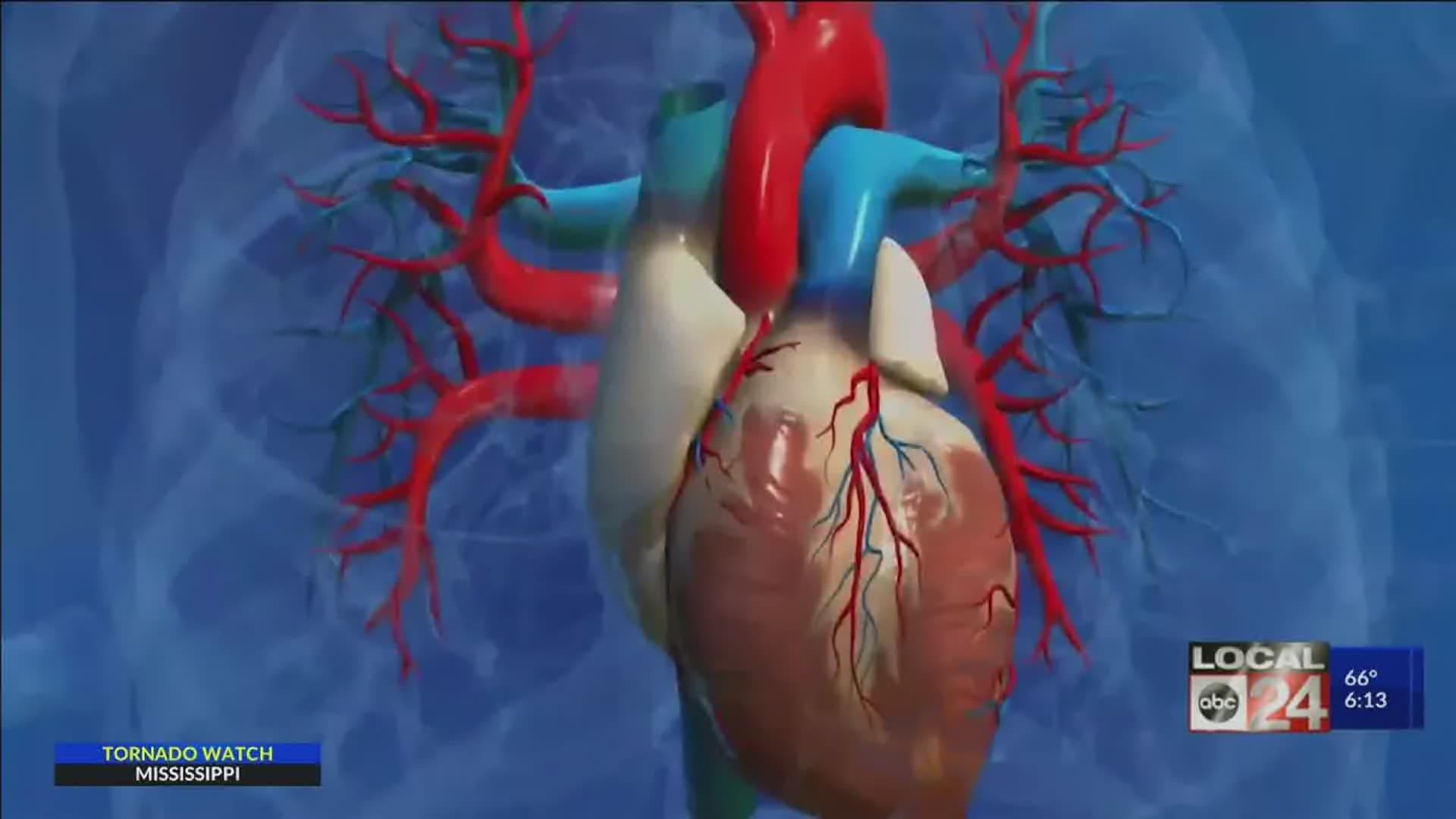MEMPHIS, Tennessee —
Heart health is essential to survival, and sometimes all it takes is that first step to see your doctor if something feels off.
Local 24 News Good Day Memphis anchor Kelsie Cairns followed one woman's journey through the discovery of an irregular heartbeat and the process to correct it.
A heart that keeps a steady beat is a healthy one doctors say, but some people have a condition that causes an irregular beat. This is called arrhythmia.
"Arrhythmia is any electrical disturbance in the heart," explained Dr. Rajesh Kabra, a Cardiac Electrophysiologist.
Doctor Rajesh Kabra is a cardiac electrophysiologist at Methodist Le Bonheur. He says there are several types of arrhythmia. One of them is supraventricular tachycardia or SVT. SVT is an abnormally fast heartbeat that poses serious health risks. A Memphis woman named Mary Carroll suffered from this.
"My resting heart rate was about 55 beats per minute, and I could feel my heart flip. I could hear it pounding. It was super fast, and I would check my heart rate and it was 180," Carroll said.
She went to Dr. Kabra's clinic for testing, and he noticed a big red flag.
"I remember I got very concerned when she told me she almost fainted while she was driving," said Dr. Kabra.
Her heart rate would spike to very high rates erratically. After testing, he decided an SVT ablation was the way to go. This is a procedure that creates scar tissue through burns inside the arteries which ends up correcting the irregular beat. Think of it like this. you're driving down a road and then you come across a road block. So, you're forced to turn around and find a new way to get to your destination. Those burns are roadblocks, and instead of cars on a road, it's blood and oxygen moving throughout various chambers of the heart and arteries in the body.
When Carroll went in for her procedure, she was in and out on the same day, with no down time. The whole surgery took about an hour.
"Success rate is over 90-95% and risks are extremely small," Dr. Kabra explained.

